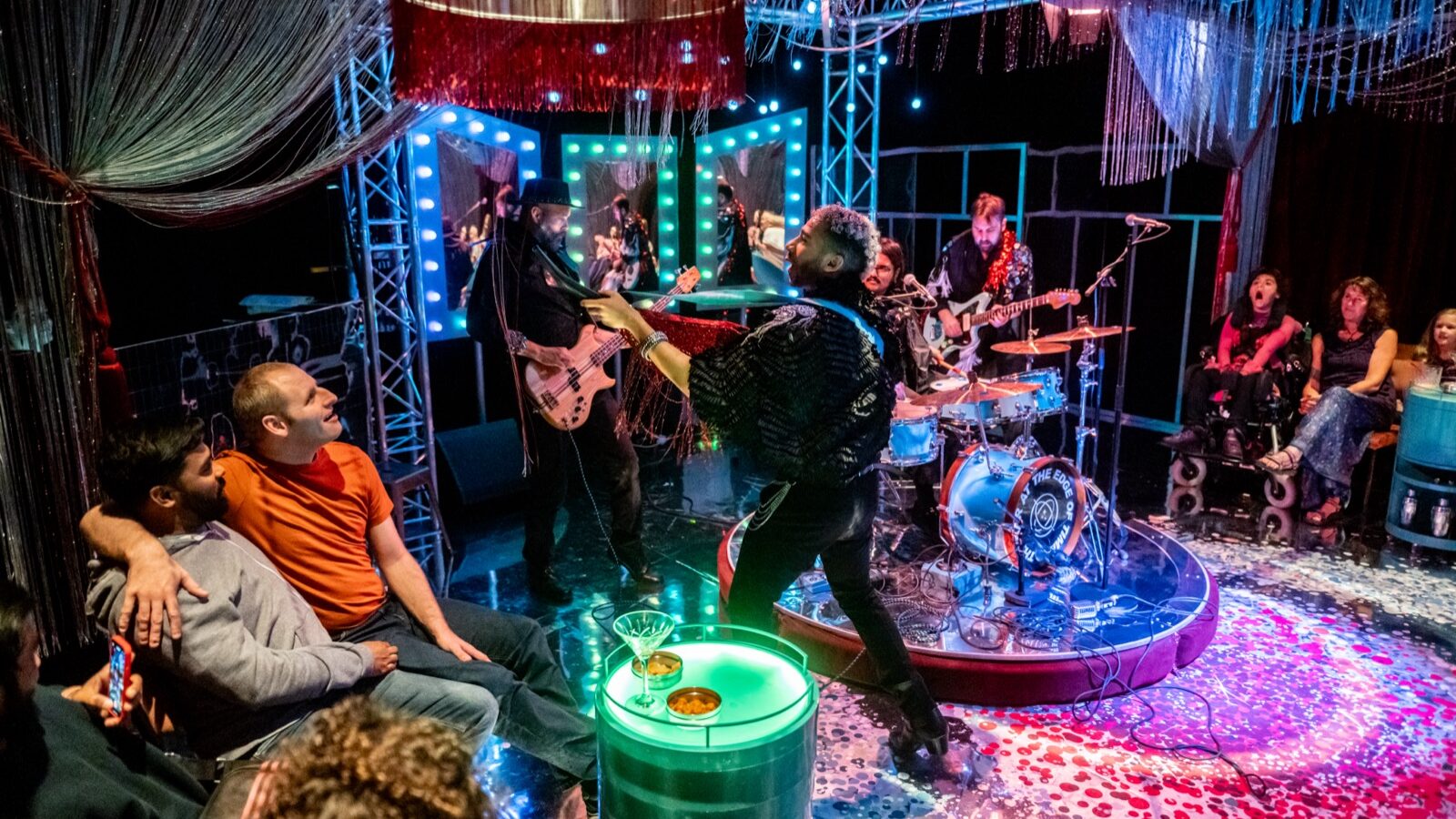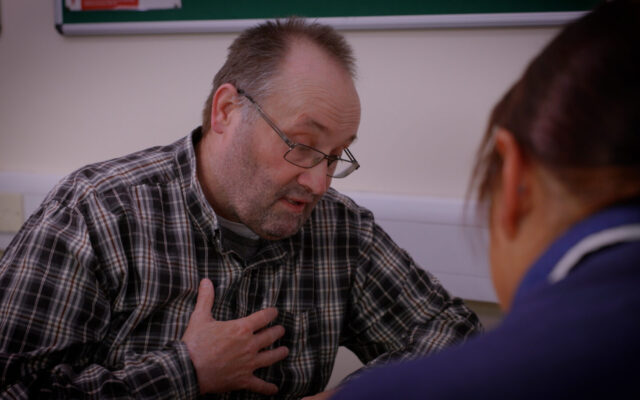In July, it will be 11 years since the preventable death of 18-year-old Connor Sparrowhawk sparked the national movement #JusticeforLB.
Connor, known as Laughing Boy or LB, was autistic and had a learning disability and epilepsy. He drowned in the bath in a Southern Health NHS Foundation Trust short-term assessment and treatment unit in Oxford.
In this issue, Stephen Unwin describes how he created the drama Laughing Boy, premiering soon. Unwin, a writer, director and parent of a young man with learning disabilities, based the play on the powerful book Justice for Laughing Boy by Connor’s mother Sara Ryan. The drama will hopefully tour after shows in London and Bath, reflecting how the arts can shine a light on issues and communities that are too often overlooked.
A similar ethos drives theatre company Frozen Light’s multi-sensory work for audiences with profound disabilities. Its directors say theatre is not just an art form but also can teach us about “how to approach the world a little differently”.
The value of a different perspective emerges in our interview with artist Thomas Owen, who describes how his creative process is encouraged by his support staff.
Our article on Square Pegs Arts’ album of music by young people with learning disabilities reveals how a focus on inclusion and creativity has brought benefits for all involved. That is true for the families joining songwriting and recording sessions and the professionals they collaborated with.
The impact of creative arts is summed up by our columnist Shalim Ali, a DJ, campaigner and self-advocate: “Music makes me feel excited and happy and makes me want to dance. There’s nothing better than being out with friends and dancing.”
Arts is just one of many activities that can push for change. This is more important than ever given the government’s failure to support social care, most recently by leaving it out of the spring budget.
As Stephen Unwin says of his play, a change has to come and perhaps his work and that of others can “in some small way” help make a difference.





